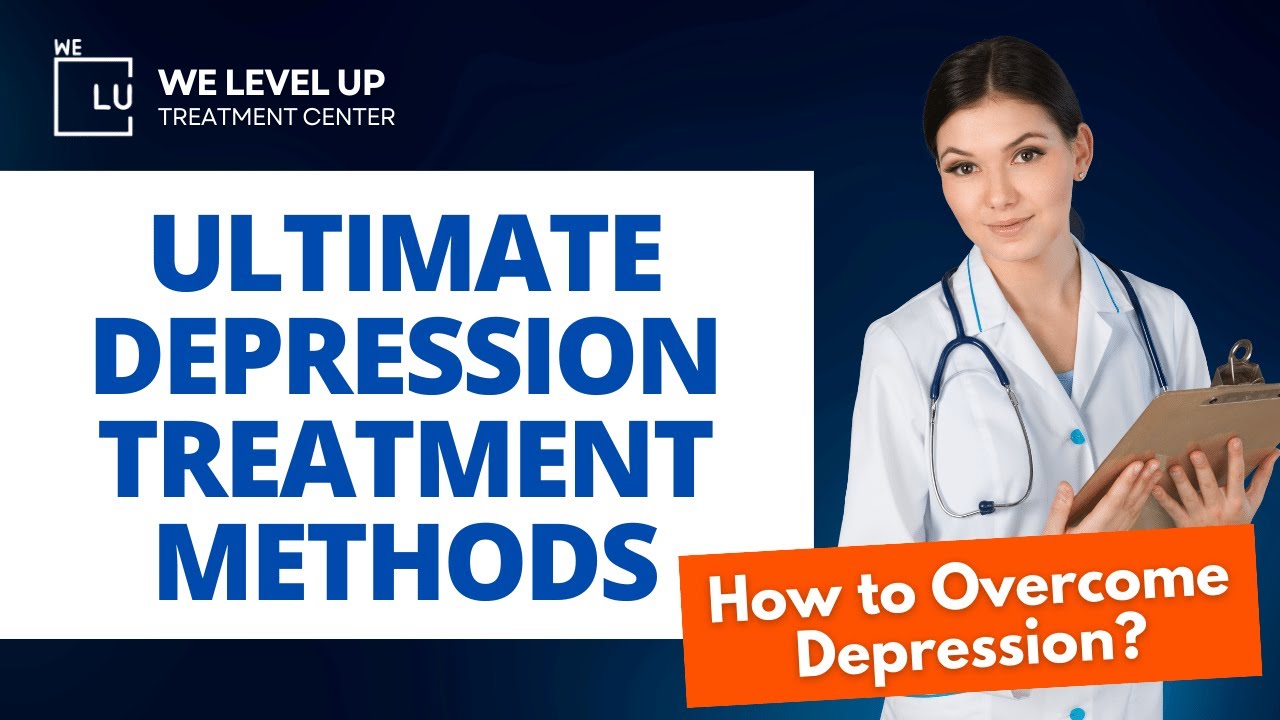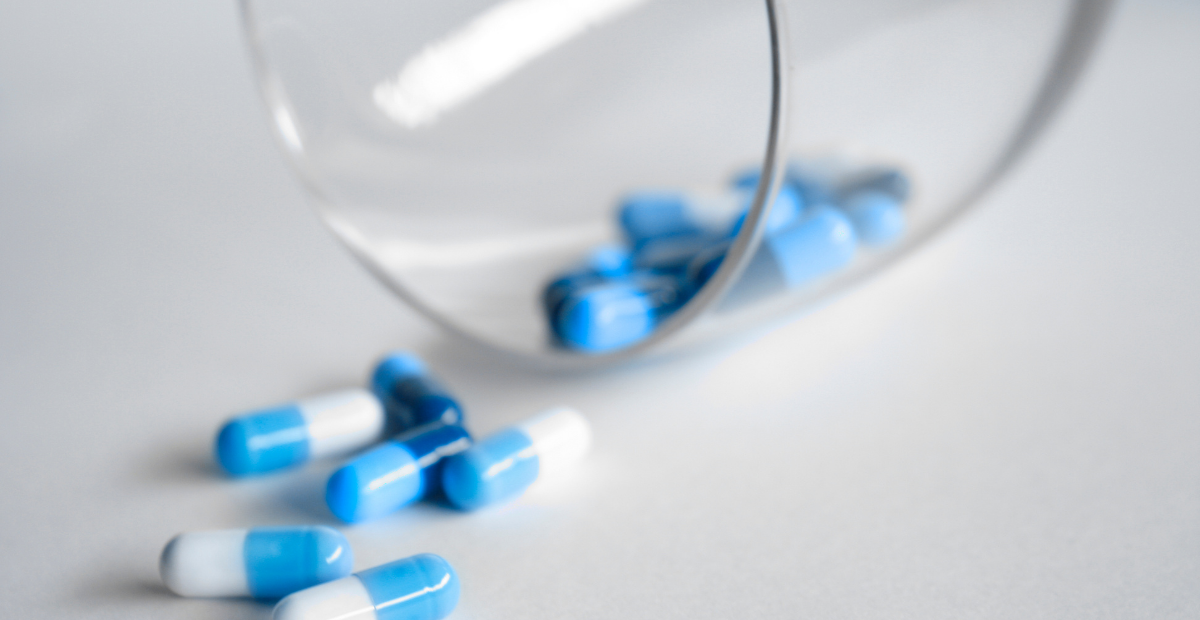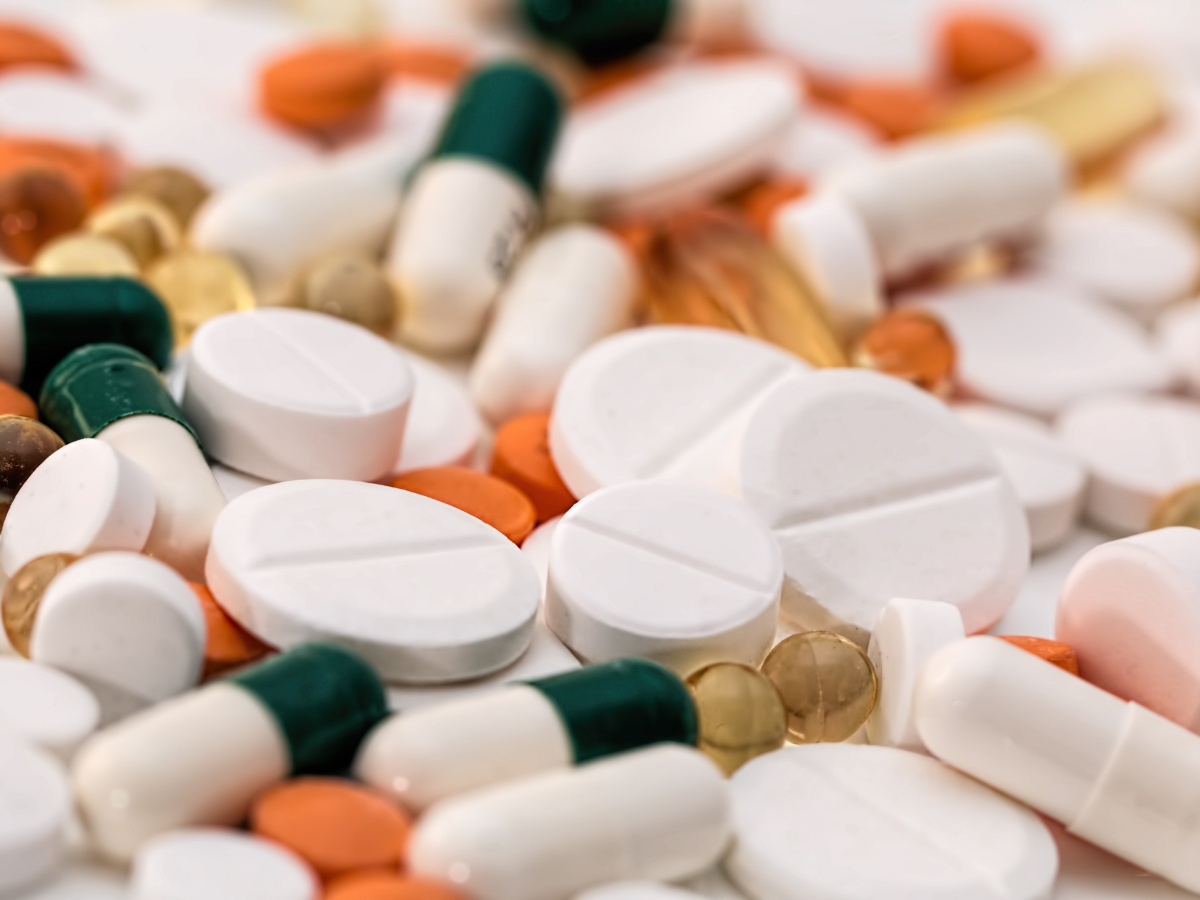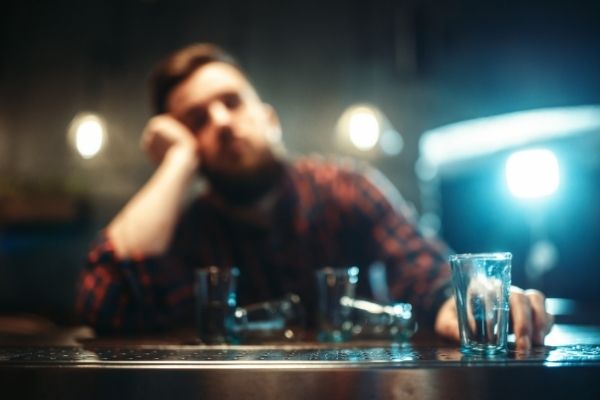How alcohol affects your appearance?
No matter how fun alcohol may be, it can be bad for your health and may cause negative appearance effects of alcohol, especially if you over-indulge. Your Margarita Mondays and Thirsty Thursdays may seem like fun, but having one too many shots can do some major damage to your health, and in this particular case, your skin. While many of us focus on the negative effects alcohol has on the liver, we tend to forget about its impact on your body’s biggest organ — your skin.
Skin changes associated with alcohol and drug abuse can be the earliest clinical manifestation of these disorders. The signs associated with these conditions may be distinctive and easily recognizable. Alcohol abuse can present with jaundice, pruritus, hyperpigmentation, and urticaria. Commonly associated vascular changes include spider telangiectasias, angiomas, caput medusas, flushing, and palmar erythema. Disease states related to alcohol abuse include psoriasis, porphyria cutanea tarda, and nutritional deficiencies. Alcohol abuse may predispose to the development of carcinomas of the skin, oropharynx, liver, pancreas, and breast.
Common signs of drug abuse include skin granulomas, ulcerations, and recurrent infections. Specifically, oral disease and tooth decay are examples of stigmata often associated with methamphetamine abuse, a popular and inexpensive drug now on the scene. By being cognizant of these cutaneous markers of alcohol and drug abuse, dermatologists are often in the unique position of being able to recognize these changes, prompting early diagnosis and intervention, hopefully resulting in a better clinical outcome for these troubled patients and their families. [1]
How alcohol affects skin?
If you identify as a woman, you may want to lay off the pinot grigio: the American Academy of Dermatology (AAD) reports that alcohol consumption, specifically white wine and liquor, increases the risk of rosacea in women.
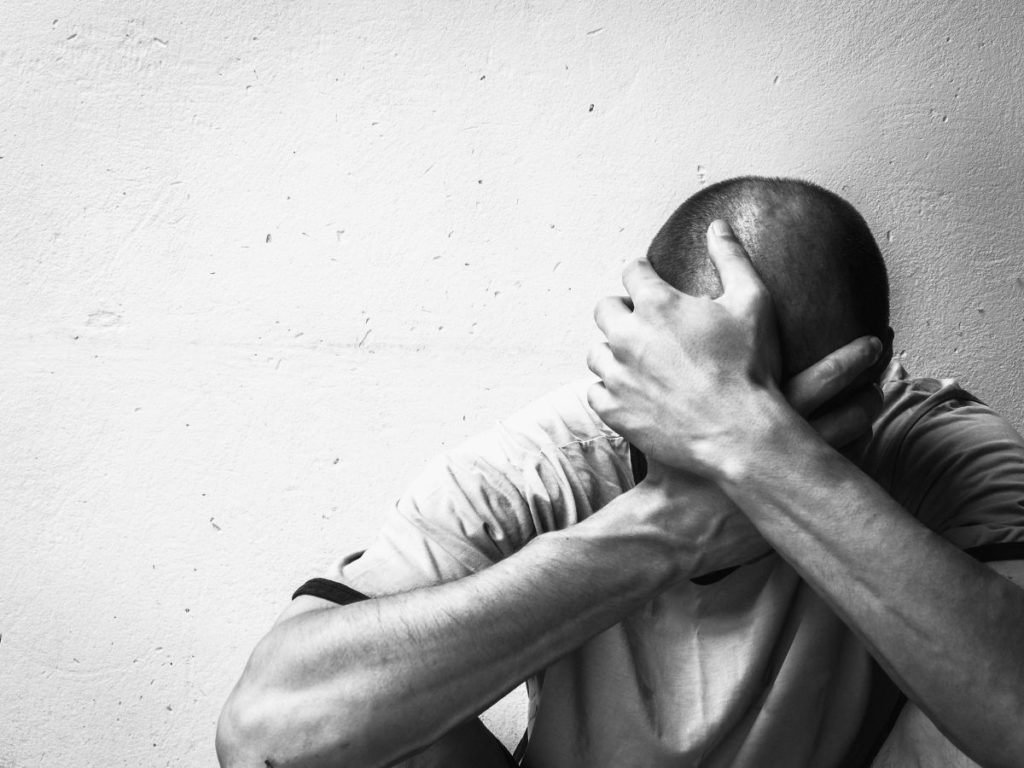
However, if you’re still craving a drink (in moderation), Dr. Debra Jaliman, board-certified NYC dermatologist, assistant professor of Dermatology Icahn School of Medicine at Mount Sinai, and author of the book, “Skin Rules: Trade Secrets from a Top New York Dermatologist,” noted that clear liquor like vodka won’t increase your risk of rosacea. [2] Alcohol can cause the skin condition of rosacea to flare up.
Symptoms of rosacea include:
- Redness
- Dilated blood vessels
- Small red bumps
- Pus-filled spots on the face
It can also cause broken blood vessels and redness on your face as harmful appearance effects of alcohol. 90% of patients with rosacea who cut back on alcohol say it helps to reduce flare-ups. [3]
Bloating (Puffiness)
Alcohol can cause water retention in your face. This makes your face look bloated and puffy. Alcohol is an inflammatory substance, meaning it tends to cause swelling in the body. This inflammation may be made much worse by the things often mixed with alcohol, such as sugary and carbonated liquids, which can result in gas, discomfort, and more bloating.
Bloodshot Eyes
Alcohol can irritate the blood vessels on the surface of your eyes, making them bloodshot. Alcohol causes the blood vessels in your eyes to get larger and fill with blood, which creates a red, bloodshot appearance. Your eyes might also get dry and irritated when you drink because alcohol is a diuretic, meaning it makes you need to urinate more frequently and cause appearance effects of alcohol.
Alcohol and Weight Gain
Many diets that work fast to help people lose weight include ditching alcohol altogether. At 7 calories per gram on average, alcohol contains almost twice the amount of calories found in carbohydrates. Unless you’re opting for low-calorie versions such as low-calorie wine or low-calorie beer.
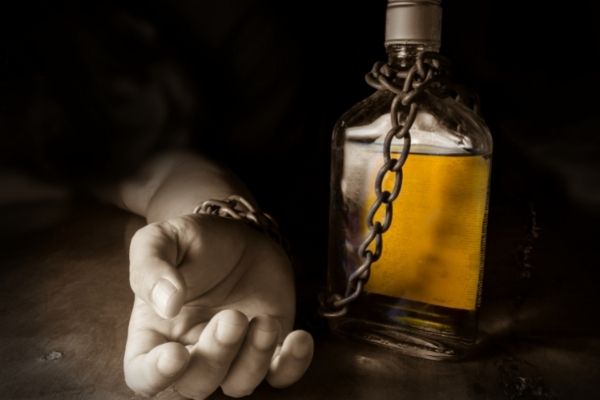
Odour Smell
People who have been drinking can smell bad. The liver breaks down most of the alcohol you drink so that it can be removed from the body. But some alcohol leaves the body through your breath, sweat, and urine.
Thinning Hair
In the case of binge drinking, you can experience extreme dehydration, which will dry out your hair follicles and, over time, cause hair thinning. This can also cause high levels of acid in your body that deplete protein stores, further causing hair loss, appearance effects of alcohol, and other health issues.
What Happens If You Stop Drinking to Reduce Appearance Effects of Alcohol
For anyone who suffers from addiction, just the thought of having to stop using can cause severe mental distress. But, with the help of a medical alcohol detox center, the medical detox process is managed. A comprehensive team prescribing medications can alleviate your alcohol withdrawal pains while monitoring your health 24 hours. Assuring both your safety and comfort.
Those suffering from addiction for long periods at high rates of use usually experience more severe withdrawal symptoms, making the process more difficult for them. The symptoms may seem to get worse through the detox process. They need constant care and attention to help manage the symptoms. Alcohol addiction treatment is within your reach to ensure your recovery starts on a comfortable and safe step.
Week one of giving up alcohol
After one week away from alcohol, you may notice that you are sleeping better. When you drink, you typically fall straight into a deep sleep, missing the important rapid eye movement (REM) sleep. While you are supposed to have between six and seven cycles of REM sleep a night, you typically only have one or two when you’ve been drinking.
You’ll also have more opportunities to manage your food and drink intake. Sleep helps to balance the hormones that make you feel hungry or full. After drinking, your ghrelin levels (the hormone that makes you feel hungry) go up and leptin (the hormones that make you feel full) go down.
Week two of giving up alcohol
After two weeks off alcohol, you will continue to reap the benefits of better sleep and hydration. As alcohol is an irritant to the stomach lining, after a fortnight you will also see a reduction in symptoms such as reflux where the stomach acid burns your throat.
Week three of giving up alcohol
Drinking too much alcohol can cause your blood pressure to rise over time. After 3-4 weeks of not drinking, your blood pressure will start to reduce. Reducing your blood pressure can be crucial as it can help to lessen the risk of health problems occurring in the future.
Week four of giving up alcohol
Giving up alcohol will have a positive impact on your skin due to you having better levels of hydration. As more water will have been absorbed rather than wasted, you are likely to have more hydrated-looking skin, as well as reduced dandruff and eczema.
Removing alcohol from your diet for four weeks can also help to improve your liver function as your liver will start to shed excess fat. If your liver function is not too badly affected by alcohol, it can recover within 4-8 weeks. [4]
Tips to Stop the Negative Appearance Effects of Alcohol
If you are an alcoholic, your very first step in recovery should be to medical alcohol detox in a safe and medically supervised setting. We Level Up TX detox center medically assists clients to clear their systems of addictive substances, such as alcohol.
Symptoms of alcoholism are based on the behaviors and physical outcomes that occur as a result of alcohol addiction.

If you are an alcoholic, you may engage in the following behaviors:
- Drinking alone
- Making excuses to drink
- Neglecting personal hygiene
- Being unable to control alcohol intake
- Missing work or school because of drinking
- Drinking more to feel the effects of alcohol
- Becoming violent or angry when asked about their drinking habits
- Continuing to drink even when legal, social, or economic problems develop
- Giving up important social, occupational, or recreational activities because of alcohol use
You may also experience the following physical symptoms:
- Alcohol cravings
- Lapses in memory (blacking out) after a night of drinking
- Tremors (involuntary shaking) the morning after drinking
- Withdrawal symptoms when not drinking, including shaking, nausea, and vomiting
- Illnesses, such as alcoholic ketoacidosis (includes dehydration-type symptoms) or cirrhosis
We Level Up TX’s thorough approach to rehabilitation supports several levels of care to ensure the best possible outcome for every client who enters our doors. From an intensive and more supportive atmosphere for those in the early days of recovery to a comfortable residential-style living dynamic upon completion of detox, we are here to help guide you down the safe and results-based path to your sobriety.
Once detox is complete, a new doorway in alcohol addiction treatment opens up, which is referred to as a residential level of care. Our residential care program slowly and effectively introduces the individual into an atmosphere of therapeutic growth, marked by master’s level therapists, clinicians, group counselors, psychiatrists, and a community of like-minded individuals with the same aim: to attain sobriety and live a great life.
If you or someone you love is seeking a safe, secure, and compassionate resource for alcohol treatment to avoid the negative appearance effects of alcohol, We Level Up TX is here to help. Call us and speak with an addiction counselor today about our levels of care.
Sources:
[1] The effects of alcohol and drug abuse on the skin – National Library of Medicine
[2] Skin Rules: Trade Secrets from a Top New York Dermatologist – https://www.drjaliman.com/index.php
[3] Appearance Effects of Alcohol & Alcohol’s effect on the body – https://www2.hse.ie/wellbeing/alcohol/physical-health/alcohols-effect-on-the-body/your-looks.html#:~:text=Alcohol%20causes%20your%20body%20and,to%20lose%20vitamins%20and%20nutrients.&text=This%20is%20important%20for%20skin%20health.
[4] What are the benefits of giving up alcohol for a month? – https://www.priorygroup.com/blog/benefits-of-giving-up-alcohol-for-a-month

